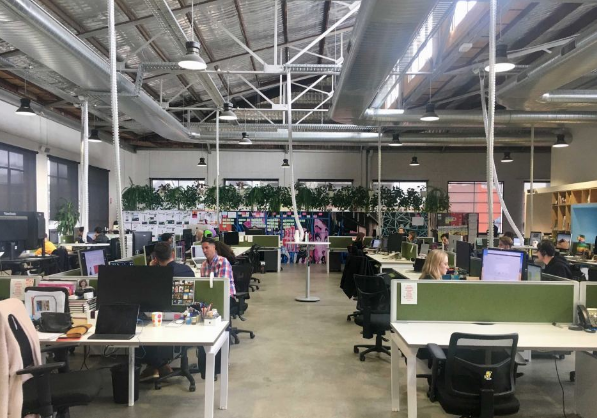Work four days a week, but get paid for five?
It sounds too good to be true, but companies around the world have been cutting down their work week to find increases in staff productivity, motivation and less burn-out.
“It is much healthier and we do a better job if we’re not working crazy hours,” said Jan Schulz-Hofen, founder of Berlin-based project management software company Planio, who introduced a four-day week to the company’s 10-member staff earlier this year.
In New Zealand, insurance company Perpetual Guardian asked its 240 office workers to work a four-day week (at eight hours per day) instead of five days, while still being paid their usual five-day salary.
Managing director Andrew Barnes thought a shorter working week might be an innovative way to get employees to focus on their work and maintain overall productivity, and he was right.
After the trial was complete, work-life balance improved significantly from 54% in 2017 to 78% in the post-trial survey. Moreover, staff stress levels dropped from 45% pre-trial to 38% post-trial.
Closer to home Melbourne digital agency Versa shut their doors every Wednesday. Employees at the busy app makers, augmented reality products and websites work 37.5 hours a week, on Monday, Tuesday, Thursday and Friday. The private company has been doing it for a year, chief executive Kathryn Blackham said, and the data is in.
“We are three times more profitable than we were last year, we have grown by 30 or 40 per cent in the last year in terms of revenue, and we have got happier staff who are much more productive,” she said.

Versa’s award winning office — not on a Wednesday. ABC News: Daniel Ziffer
Change is adrift in Japan as well, with the government recently instituting its first cap on overtime and encouraging companies to allow Monday mornings off to reduce karoshi — or “death by overwork”.
Britain’s Trades Union Congress (TUC) is pushing for the whole country to move to a four-day week by the end of the century, a drive supported by the opposition Labour party.
The TUC argues that a shorter week is a way for workers to share in the wealth generated by new technologies like machine learning and robotics, just as they won the right to the weekend off during the industrial revolution.
But some countries aren’t convinced. The war for the work week is just getting started in the US and China, where a culture of extreme overtime is common. Chinese tech companies are famous for a “996” culture, where sleep-deprived employees (slave away) work from 9 am to 9 pm, 6 days a week.
However, these numbers don’t seem to impress (billionaires) everyone. JD.com founder Richard Liu called people who complain about 996 “slackers,” and insisted that he personally can work 8116 (aka 8 am to 11 pm, 6 days a week — or 90 hours per week).
Not to be left out America’s execs exalt overwork too. Google exec Marissa Mayer boastsabout 130-hour weeks, and Elon Musk who works 120-hour weeks famously claimed that “nobody ever changed the world on 40 hours a week.”
Society seems to have two different opinions on what drives results, so will it be a future of sharing in the wealth of new technologies or death by karoshi?






